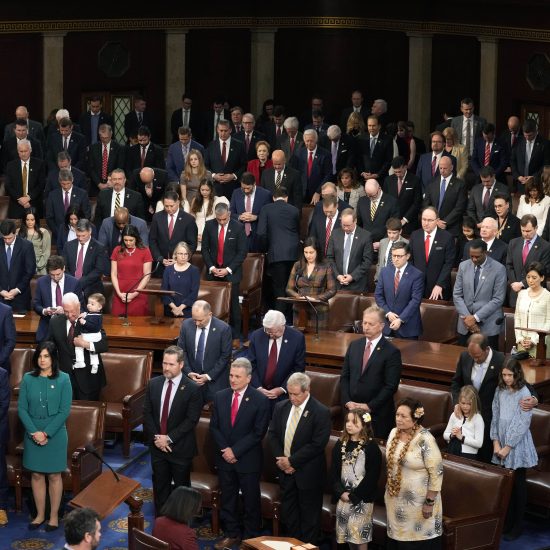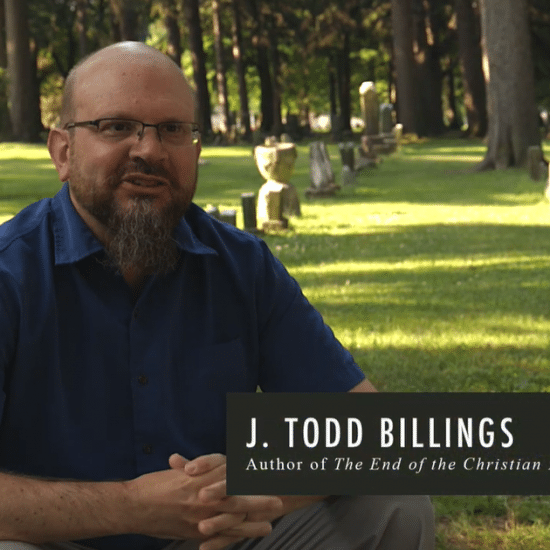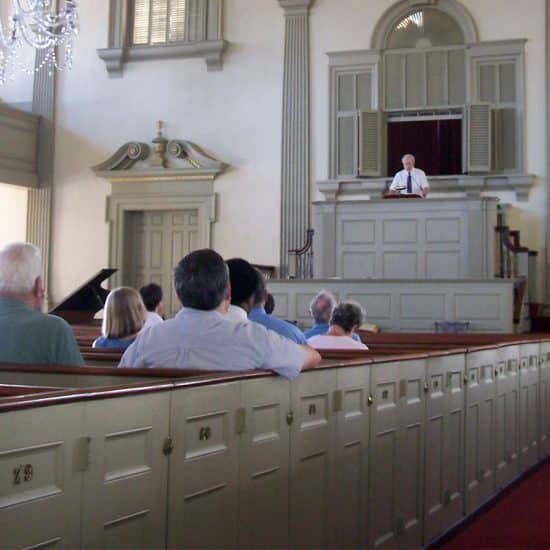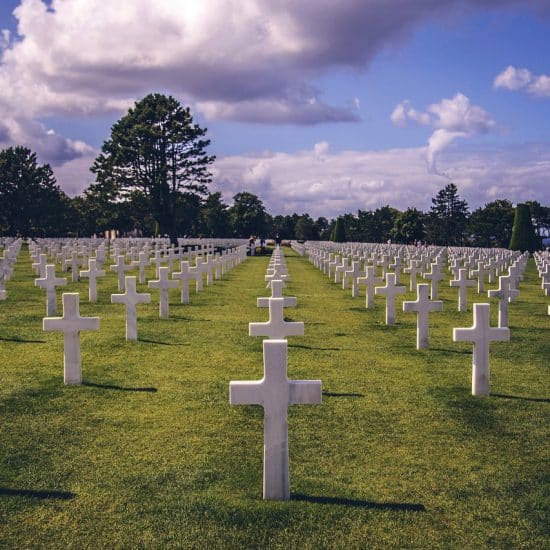Do Baptist annual meetings matter if denominations themselves are dying?
Some leaders believe denominationalism isn’t dying, but rather is undergoing metamorphosis. Those willing and flexible enough to change still will need the community and networking annual meetings offer.
“Denominationalism is not dead but, increasingly, it’s only one of several options for organizing the church in America,” explained Baptist historian Bill Leonard, the James and Marilyn Dunn Professor of Baptist Studies and professor of church history at Wake Forest School of Divinity.
Increasing pluralism in the United States and the decreasing influence of Protestantism are forcing denominational leaders to ask hard questions about identity, viability and relevance.
Pluralism, “which Baptists helped put into place,” is becoming more normative, Leonard said. The rise of the “nones” — people with no connection to organized religion — also plays into the challenges denominations face.
Gone are the days when communities formulated policy and activities around the church.
“We are living through the death rattle of the Protestant privilege,” Leonard said. “Most denominations will survive in some form but with much less prominence in American religious life than they have had before, and that’s across the denominational spectrum.”
American Baptist Churches-USA also recognizes the need for change. Even so, “I don’t sense the death of denominations…at all,” said Leo Thorne, ABC-USA associate general secretary for mission resource development. “We are facing serious challenges…. As a denomination, we need to come together and talk about what changes need to be made.”
He believes American Baptists will remain a strong organization because they have been able to make necessary changes. “We are doing what we believe we are called to do…and doing it together. We’ve always been a flexible and adaptable people,” he said, pointing to the organization’s stand on slavery, women and other issues over the years.
The North American Baptist Fellowship, the Baptist World Alliance’s North American regional body, also is looking for new ways to connect with members.
“Some [denominations] will disappear, but I don’t think we will lose all denominations and affiliations,” noted NABF President Jim Hill. “I don’t think we are in a post-denominational era,…but I think those that fail to connect in vital ways with their congregations will not last.”
Larger denominations may have the most difficulty adapting to cultural changes. Survival depends upon “whether or not denominations can redefine themselves quickly enough now,” Leonard explained. “We’re getting to a point where denominational systems can’t change quickly enough or anticipate change…quickly enough to remain viable in an extensive way.”
Cooperative Baptist Fellowship Executive Coordinator Suzii Paynter agrees. “The era of the cruise-boat denominational structures is gone,” she said. “We live in the small-boat era.
“Now the Fellowship is a more organic organization of churches. What is unique about the Fellowship is that people and churches can choose to be a part of it — it’s the voluntary nature of what we do together. The Fellowship is living out a more organic way of being.”
Leonard sees the Southern Baptist Convention as a “classic” case study of a large denomination’s struggle to remain viable.
“For a long time, they told themselves they were not declining and that because they are conservative, people would run to them,” he said.
Instead, a growing number of SBC churches are dropping “Baptist” from their name. “The SBC system is so cumbersome that it may not be able to change fast enough,” Leonard added.
Several agreed denominations that focus on relationship-building and on its member congregations have a better chance of remaining viable.
“The question is not: Are we growing? The first question is: Are we thriving?” Leonard said. “Are we living out our faith?”





